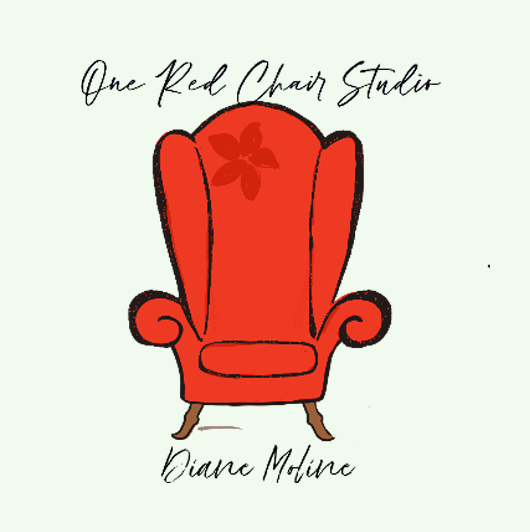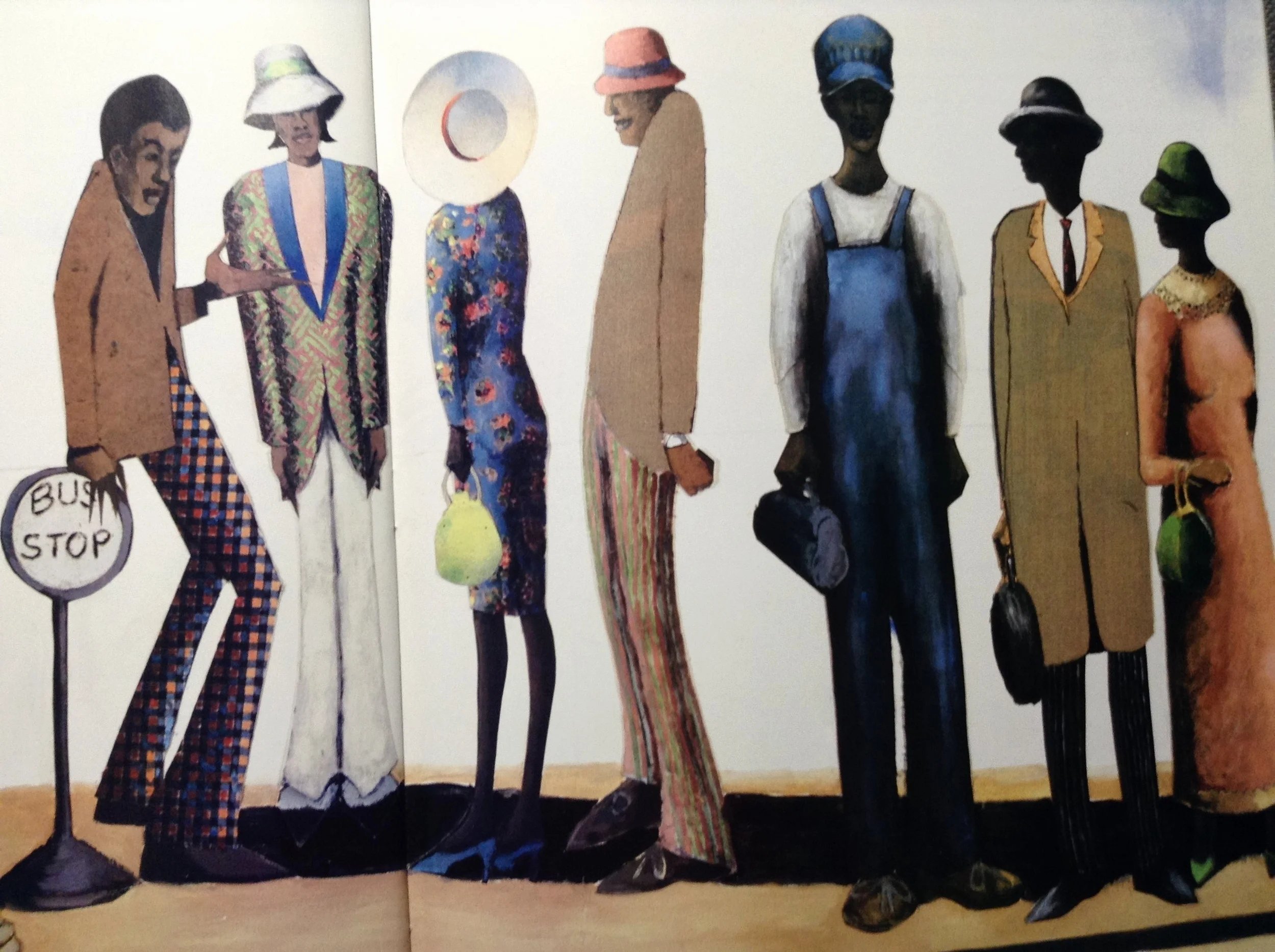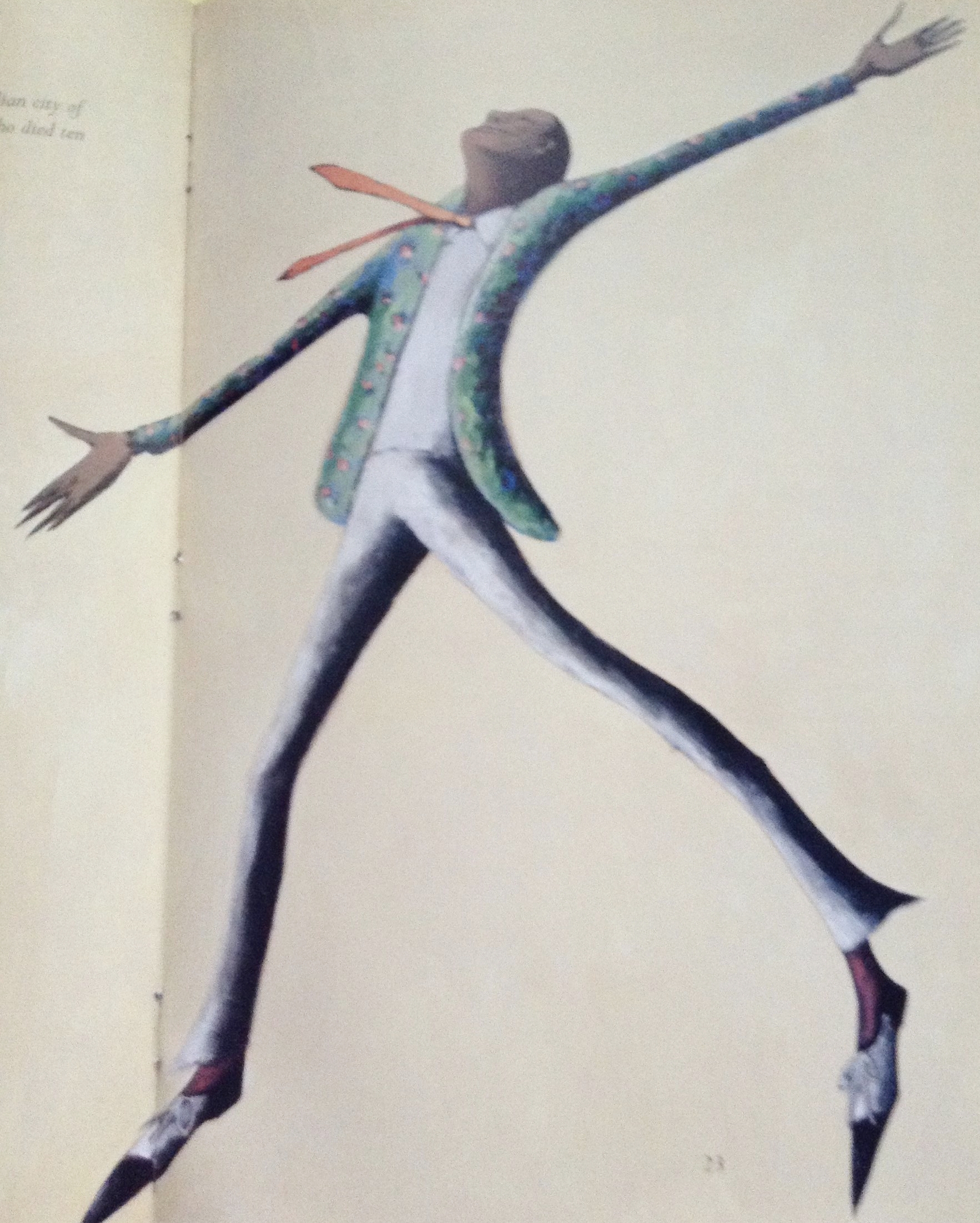You've taken my blues and gone.
"I will not take 'but' for an answer. "
Langston Hughes, who has a birthday today, said that. Born in 1902, died in 1967, he was considered an artist of jazz poetry. Jazz poetry has a rhythm and style like jazz, a sense of improvisation. Other poets, including Ezra Pound and e.e. cummings, played with jazz poetry which was born in the 1920's, conceived by African-Americans and adopted in the 50s by the Beat generation. Considered to be outside the mainstream, it has been adapted today into hip-hop music and poetry slams.
You've taken my blues and gone -
You sing 'em on Broadway
And you sing 'em in Hollywood Bowl,
And you mix 'em up with symphonies
And you fixed 'em
So the don't sound like me.
Yes, you done taken my blues and gone.
You also took my spirituals and gone.
You put me in Macbeth and Carmen Jones
And all kinds of Swing Mikados
And in everything but what's about me -
But someday somebody'll
Stand up and talk 'bout me,
And write about me -
Black and beautiful -
And sing about me,
And put on plays about me!
I reckon it'll be
Me myself!
Yes, it'll be me.
In the 50's, Langston Hughes took his love of jazz to writing and illustrating The First Book of Jazz, which also comes with original recordings of the poet. (I discovered that last tidbit from a Brainpickings tweet today after I posted the rest; thanks, Maria Popova, once again.)
In my personal collection of children's picture books, I have a collection of poetry by Langston Hughes illustrated by Benny Andrews. I love love the illustrations: the stretched, tall, animated people.
So, intrigued, I researched Benny Andrews, who died in 2006. It turns out that he, too, had a respected career as artist and activist. I shall look up more of his work. One thing leads to another! All. The. Time.
"Benny Andrews was born in rural Georgia in 1930. He began his painting practice while studying at the School of the Art Institute of Chicago. After graduating in 1958, he moved to New York City where he continued his work, developing a technique of rough, expressive collage that incorporated cut fabric and paper into his oil paintings. In 1962, the Forum Gallery mounted his first New York solo exhibition. He went on to develop a reputation as a socially-minded artist and an advocate for greater visibility of African Americans in the art world. For the next four decades, he made and exhibited work in New York, and dedicated himself to activism and education in the community."
And then I discovered there is this children's book about Benny Andrews, which I already own(!) because I instantly loved it when I first saw it. One thing leads to another.








